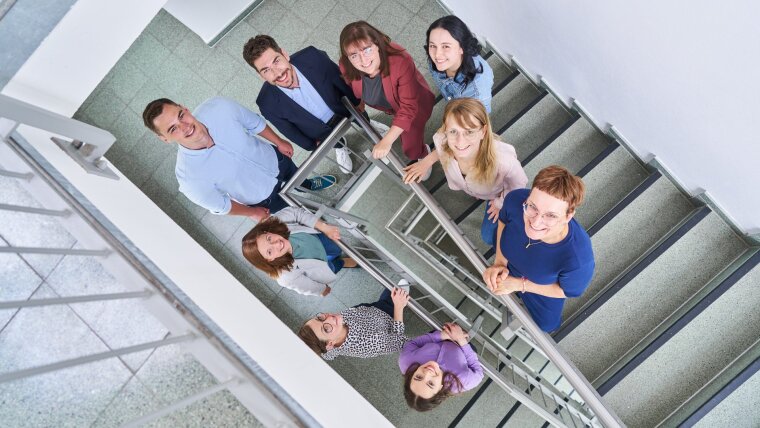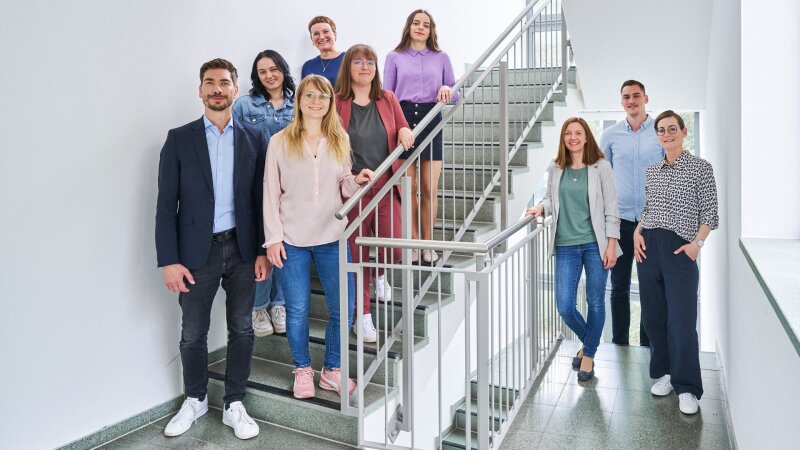Differentielles Lernen im Praxissemester
Year of publication
In teacher education research, the relevance of differences in the individual preconditions of preservice teachers for the use of learning opportunities is emphasized. With the help of the concept of differential learning, this study addresses intra-individual and inter-individual differences in the individual preconditions of preservice teachers, which are reflected in learning processes and learning outcomes. Using four categories to capture differential learning (mechanism, process, classification and interaction), the empirical gap in differential learning is described. It is examined which insights the investigation of differential learning offers for teaching practicum research and which differential insights can be generated through selected research methods. Within three sub-studies, a total of N = 188 preservice teachers from three cohorts were examined. Narrative interviews, self-assessments and a task battery were used to assess extrinsic learning motivation, basic psychological needs and coping with incoherence as individual preconditions. The data were analyzed using narrative analysis, random intercept cross-lagged panel models, and conditional effects models. Changes were found for all individual preconditions, which interact with contextual factors such as school and university mentoring, so that learning opportunities promote different learning outcomes both inter- and intra-individually. All three methods of analysis, considering the categories to capture differential learning, showed a basic suitability with simultaneous limitations. The results point to the need to develop learning opportunities that consider the individual preconditions of preservice teachers as well as situational conditions. To capture the underlying, complex relationships, quantitative research requires methods that go beyond sample-based approaches and adopt a dynamic, person-related perspective.
- University Bibliography Jena:
- fsu_mods_00024394External link

